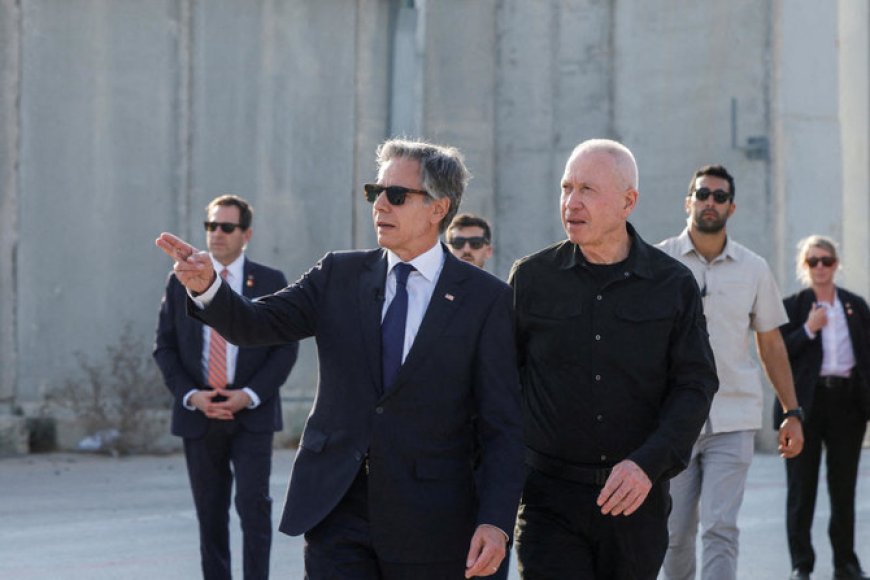The closure of the Rafah crossing between Egypt and Gaza has led to the prevention of at least 2,000 critically ill patients from being evacuated for medical treatment, according to a statement by the World Health Organization (WHO). This development underscores the humanitarian crisis exacerbated by restricted access to medical care amid ongoing conflict.
Rik Peeperkorn, WHO's representative for the West Bank and Gaza, highlighted the severe impact of the crossing's closure since May 7, stating that approximately 50 critically ill patients daily were previously evacuated through Rafah. He emphasized that the closure has left thousands unable to receive essential medical care, a situation compounded by the conflict's toll on both trauma and chronic disease patients.
The Rafah crossing historically served as a crucial route for humanitarian aid and medical evacuations, facilitating movements between Gaza and Egypt. Its closure came during heightened military operations in southern Gaza initiated by Israel, further limiting access for civilians in need.
International Efforts and Challenges
Efforts to reopen the Rafah crossing have been underway, with recent talks involving the United States, Egypt, and Qatar aimed at restoring humanitarian aid flows and reopening essential crossings. However, logistical and security challenges, including disagreements over control and access, continue to impede progress.
While Kerem Shalom crossing, under Israeli control, remains an alternative, Peeperkorn cautioned about its limitations and safety concerns, emphasizing the need for additional routes for medical evacuations to referral hospitals in East Jerusalem and the West Bank.
Humanitarian Crisis and Urgent Needs
According to Peeperkorn, over 10,000 individuals in Gaza urgently require evacuation for medical treatment, underscoring the dire humanitarian situation exacerbated by restricted access to essential healthcare services.
"We need more routes for medical emergency evacuation (medevac), we would like to see Kerem Shalom and other routes also opened for medevac where patients can then be referred to the referral hospitals in East Jerusalem and the West Bank," stated Peeperkorn, urging for immediate actions to alleviate the suffering of civilians trapped in Gaza.
Ongoing Challenges and Future Prospects
As international pressure mounts for humanitarian access and medical relief, stakeholders continue to navigate diplomatic and logistical hurdles in facilitating essential services to conflict-affected populations in Gaza. The plight of civilians, particularly the critically ill and injured, remains a focal point of international concern amidst ongoing conflict dynamics in the region.
The WHO's call for increased humanitarian access and medical evacuations underscores the urgency of addressing the escalating humanitarian crisis in Gaza, with ongoing efforts aimed at mitigating the impact on civilian populations caught in the crossfire of conflict.














































